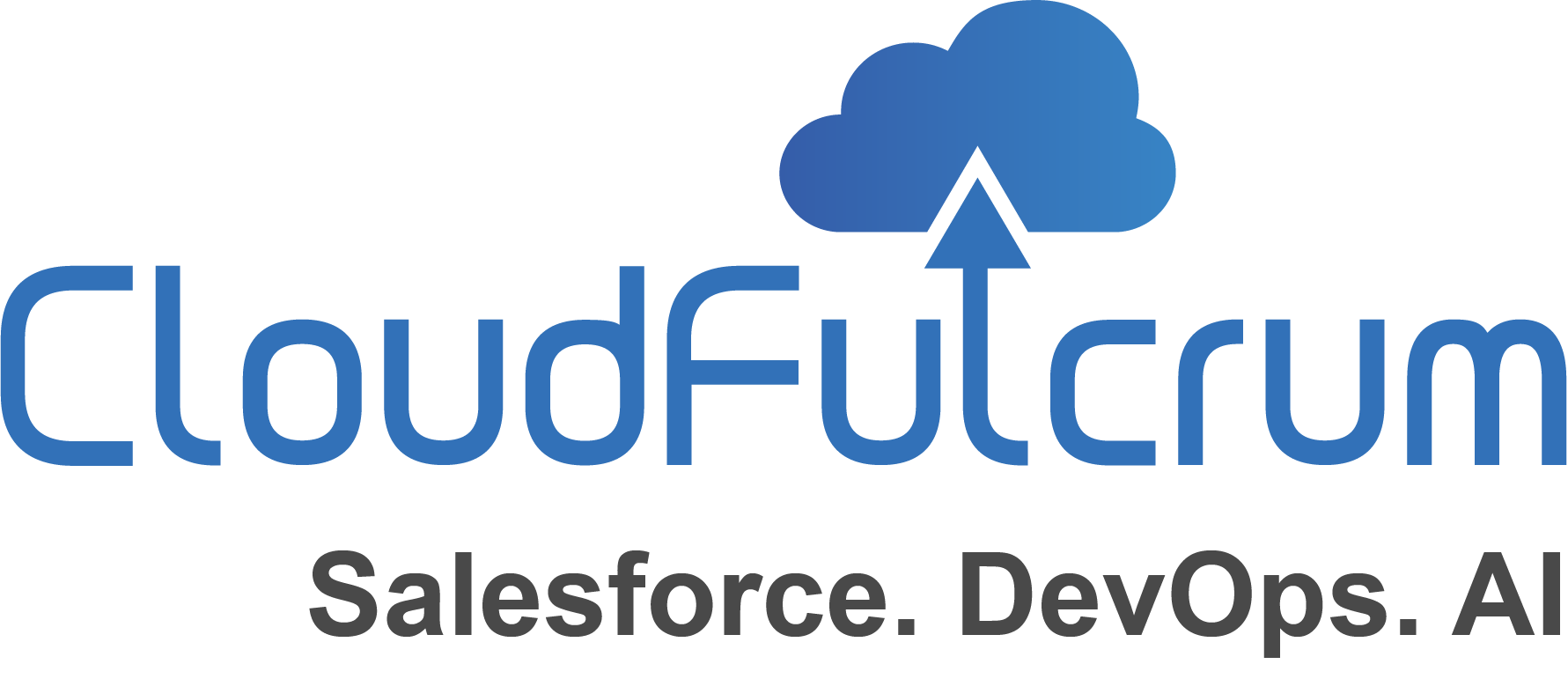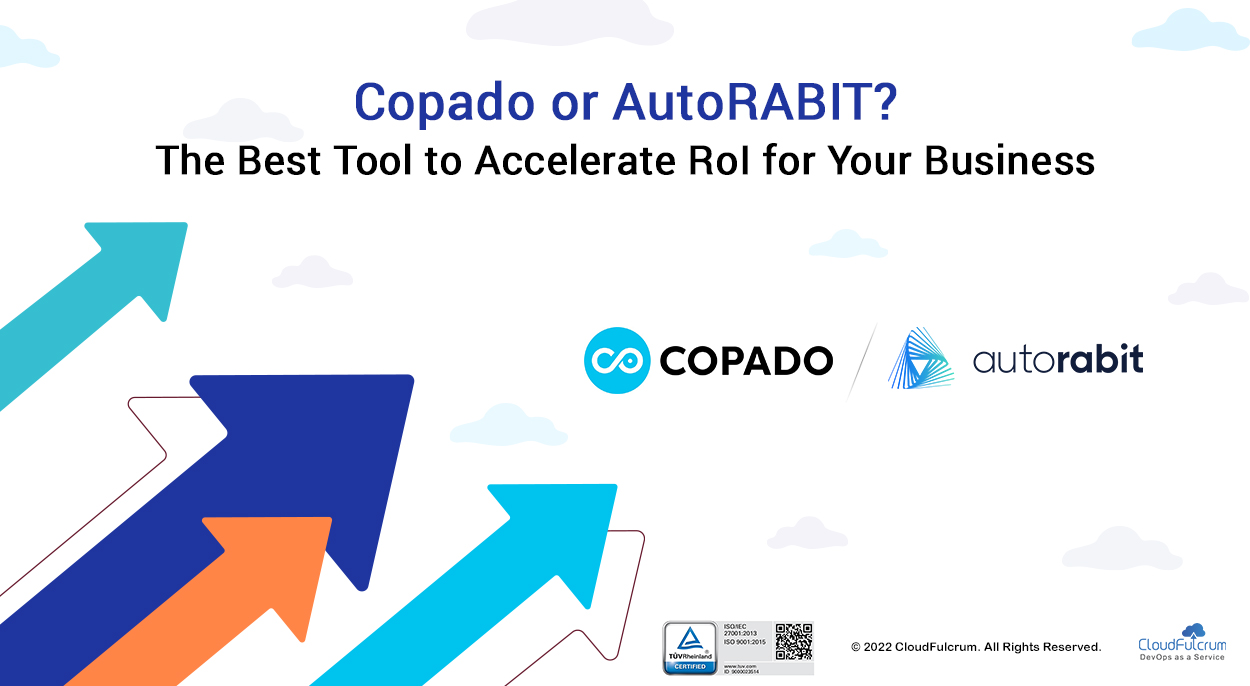- Copado, the low-code DevOps trailblazer, recently announced ISO 27001, SOC 2, and GDPR Compliance for its three main product lines – CI/CD DevOps Platform, Copado Robotic Testing, and Copado Essentials.
- AutoRABIT released a new tool called CodeScan Shield, which enables Salesforce development teams to check for compliance as well as code vulnerabilities across the entire Salesforce landscape from sandboxes to production.
Two different tool stacks, same endgame – making the new DevSecOps training modules to help make software releases faster and more secure. Considering the latest CI/CD practices Research shows that 70% of development teams lack the knowledge and skills needed to implement DevSecOps best practices. It’s here that choosing the right tool would make all the difference for a business’s endgame!
Today, we’re going to break down these two popular tools for you and help you decide what is the best approach for your business requirements.
Why Copado?
Copado is essentially a complete end-to-end, 100% native DevOps Salesforce release management tool. Think of this – if you are a developer, what’s the first thing that comes to your mind when you’re just starting out in Salesforce? “How am I going to deploy fixes and configurations in the Salesforce platform?”
Of course, in any project, nothing is implemented directly in the Production environment unless it’s absolutely warranted. Normally all the changes are done in a lower/staging environment. Copado helps here as teams can develop new features in the lower environments, technically referred to as “sandboxes,” created from the Production environment. When you build solutions using Copado, you don’t have to create a package.xml file or any other configuration files to deploy the changes.
Copado also has a lot of other tricks up its sleeve:
- You can deploy different metadata types in one single shot using its user story-centric deployment process. Copado deploys user stories via the user story reference, which creates a feature branch from the master. So, when you deploy it to Salesforce, you can deploy the metadata components in the promotion branch, which are linked to user stories.
- Copado can be integrated well with several version control systems you use like GitHub, BitBucket, Gitlab, Azure, etc. In fact, it has its own inbuilt backend git tool before changes can be deployed in production. Plus, it would still have its own application lifecycle management tool.
- Copado has an interesting “auto-resolve” feature through which developers can avoid overwriting each other’s code. Every code can be committed to git to keep track. Its Compliance Hub feature enables adherence to compliance rules in your business for all the metadata changes.
- Copado’s Selenium testing feature will enable you to develop automated testing for all your connected orgs in the deployment flow.
The one flaw which is kind of apparent with Copado is the rollback. If you know how to design your pipeline, then you would have no trouble with Copado. However, if something breaks in production and you need to refer or get back to the changes, then no luck for you. You would have to follow a standard process of creating a hotfix branch and then deploying changes, which could be time-consuming.
Why AutoRABIT?
AutoRABIT has gained popularity because of its simplicity, even though it’s not 100% native to Salesforce like Copado and doesn’t have its own application lifecycle management application. In fact, it’s much simpler to use than Copado and is ideal for beginners.
AutoRABIT, essentially, is an end-to-end release management tool, specifically targeted at streamlining the development and release of Salesforce applications by automating their continuous integration (CI) and continuous delivery (CD) processes.
Another big advantage AutoRABIT has over Copado is that it’s available in two variants – on-premise and cloud. With on-premise, you get more flexibility over version controls and you can deploy metadata components using their common label features.
Other distinctive features of AutoRABIT include:
- It can also be integrated with GitHub, BitBucket, Gitlab, Azure, etc like Coapdo, but what gives it an edge is its own on-premise tool.
- One big factor going for AutoRABIT is its recent tool release – Record Migrator that enables developers to migrate metadata and configuration data for Salesforce-managed packages with a single click. It makes the entire process less time-consuming as it helps you to simplify application lifecycle management by helping your developers complete Salesforce migrations and deployments faster with less administration. This truly does away with the need to map underlying data schema with CSV files after every release and makes data migration a lot faster.
- AutoRABIT also offers Salesforce Data Loader Pro, which allows your developers to transfer data from the source sandbox/org to the destination in a faster way as well as control relationships between stages. Your developers will benefit from using the data loader because they are in charge of executing a data loading process — such as run, edit, stop, delete and log — as well as schedule and perform the data loading of multiple objects and their relationships at one go.
The Next Steps
As more teams build customizations into Salesforce, the complexities and challenges rose. To counter that Salesforce DevOps emerged as the perfect solution. It’s not that different from the regular DevOps but its primary task was to enable organizations to leverage Salesforce at scale.
With Salesforce DevOps, businesses like yours could reimagine the way you manage different Salesforce processes such as customizing orgs, building new features, deploying changes, and creating pipelines for integration and testing before the production release. It has been on a growth spree since then. In 2020, Salesforce DevOps companies attracted equity investments worth $38.5 million while in 2021, this figure rose by seven figures to reach $275.5 million.
AutoRABIT and Copado, both have been on momentum. Both have done high-profile acquisitions in the Salesforce DevOps space. While AutoRABIT acquired Codescan, Copado took over New Context and Qentinel. Both have also started venturing out into other branches, such as cybersecurity vendor distribution and integration.
Whatever tool you wish to use, expert guidance and recommendations from a trusted service provider can help. CloudFulcrum is a valued Copado partner and offers Copado as a Service aimed at Copado customers or Salesforce teams who are looking to get started with CPQ DevOps Practice Implementation. When you engage us, you will get an unbiased Copado adoption assessment, value streams and capacity planning, end-to-end release management, and DevOps 360 analytics.
Schedule a discovery call to understand what we can do for your business!

